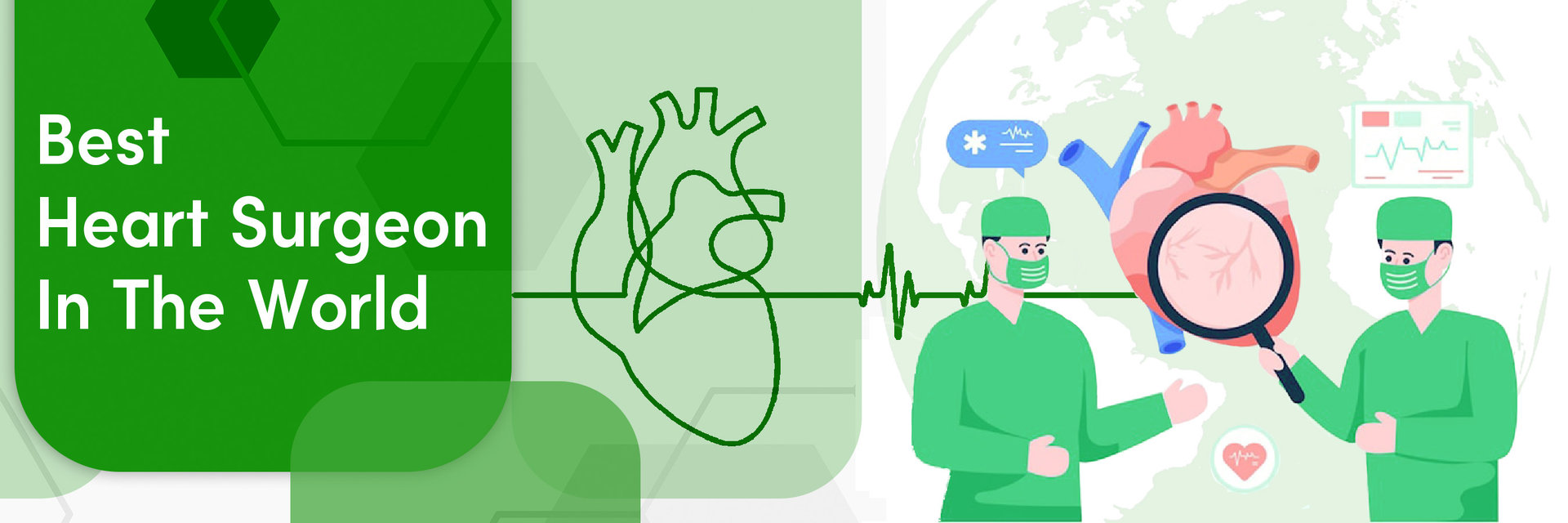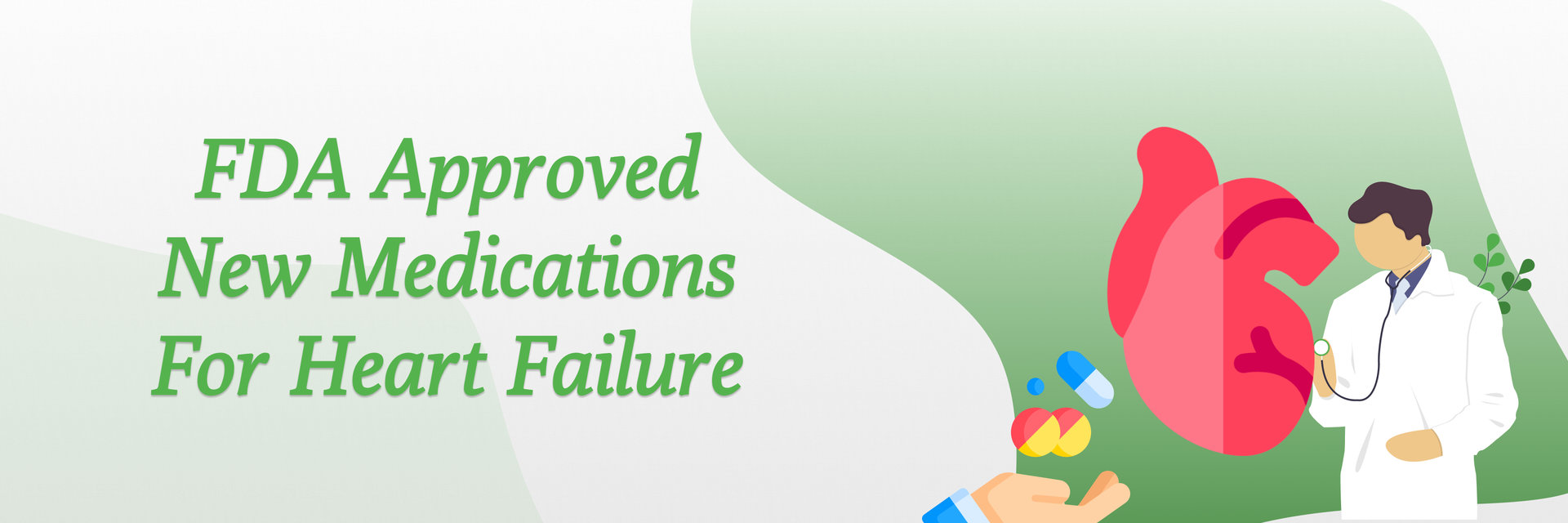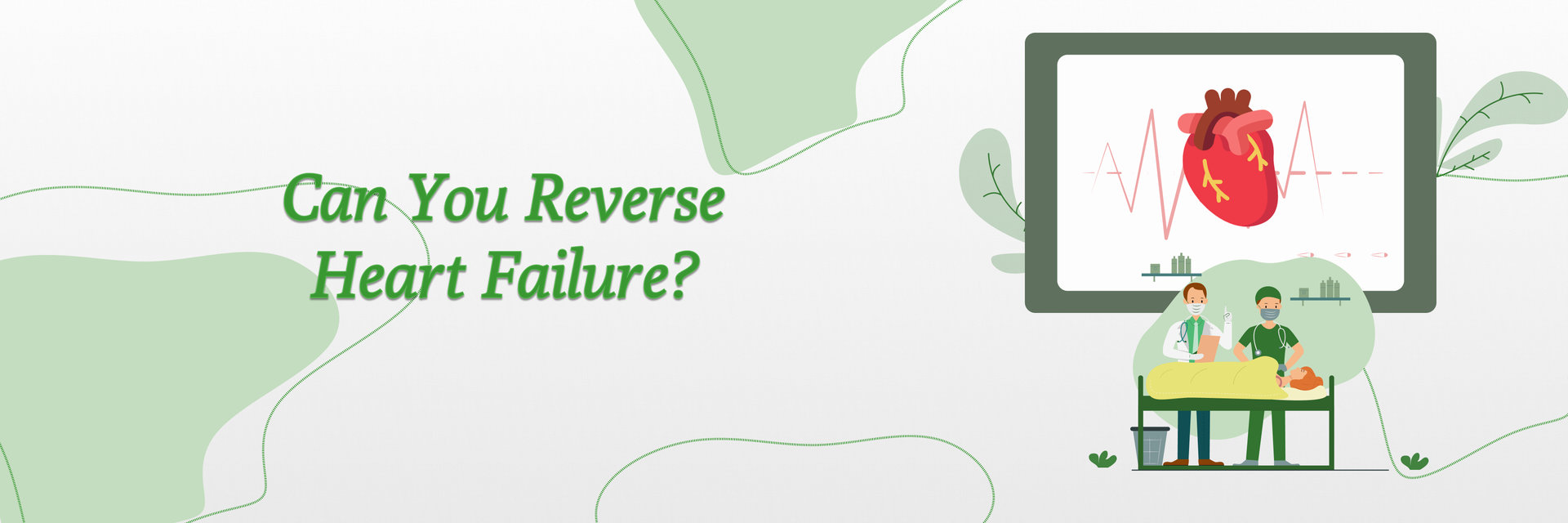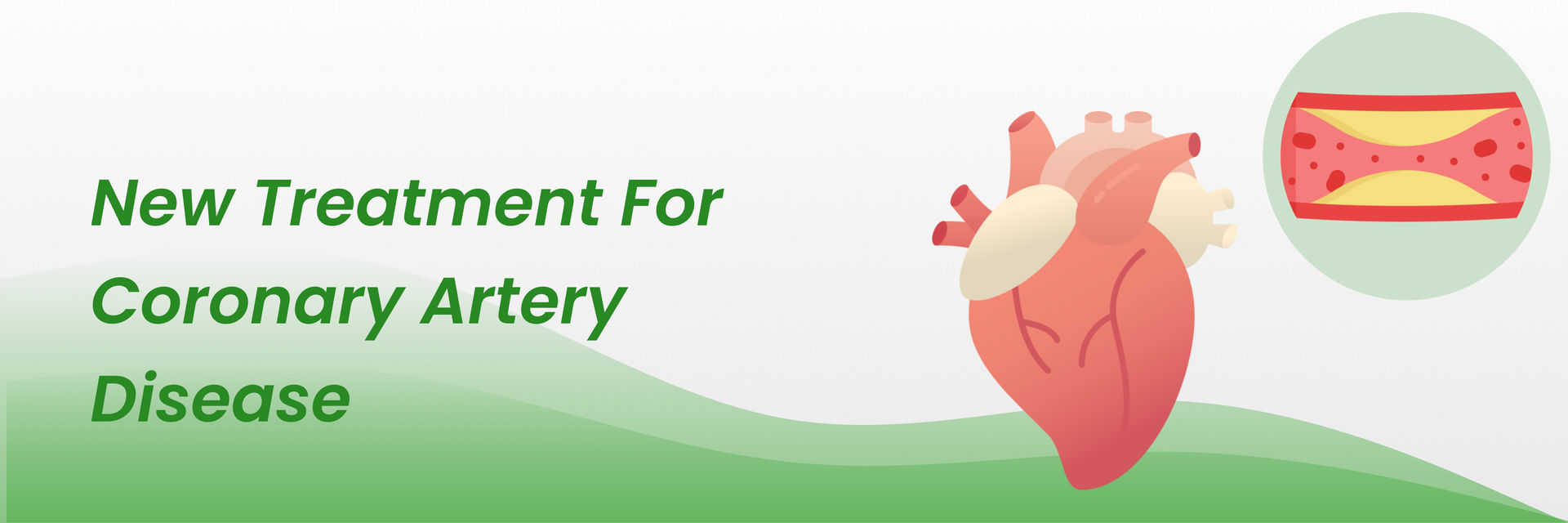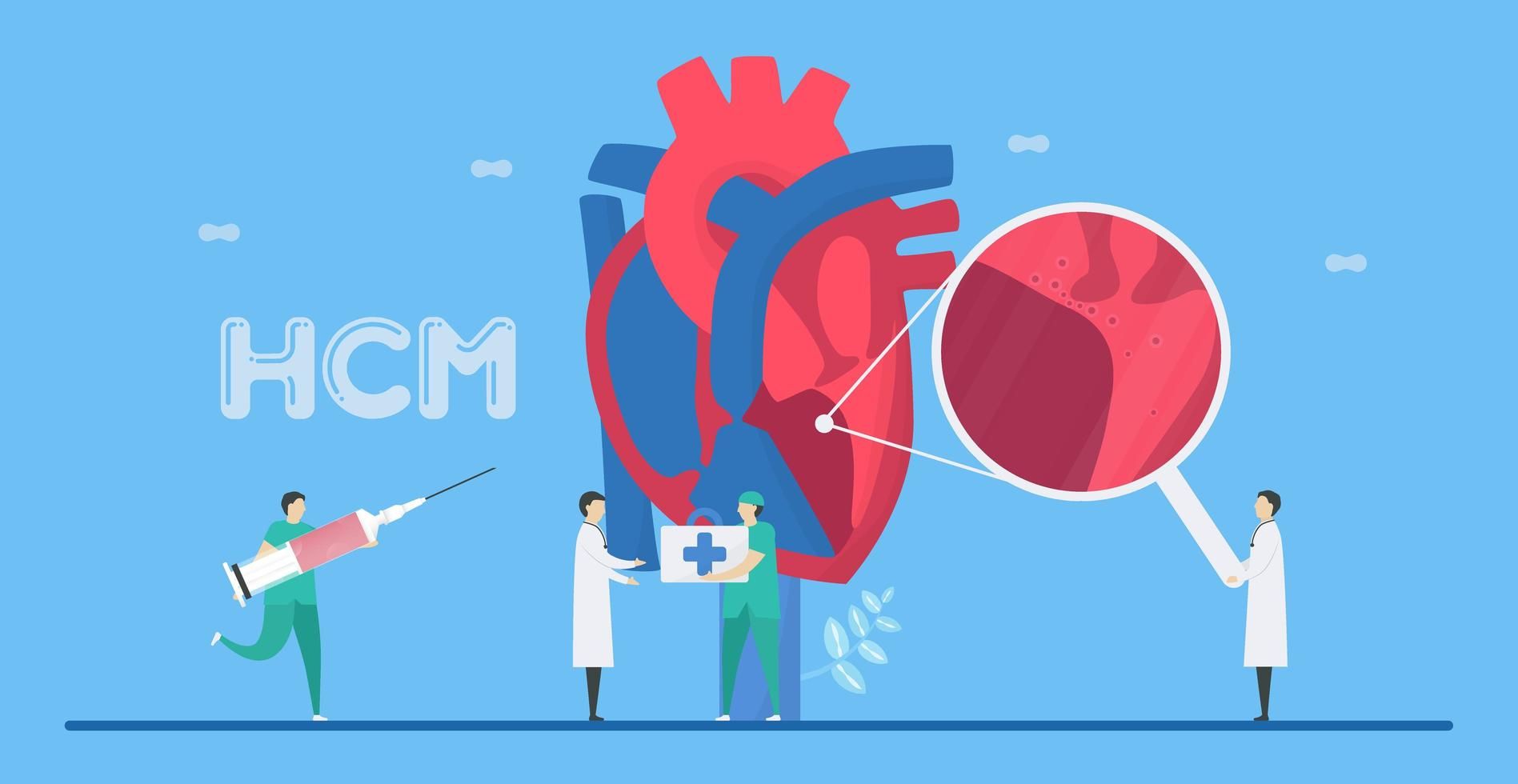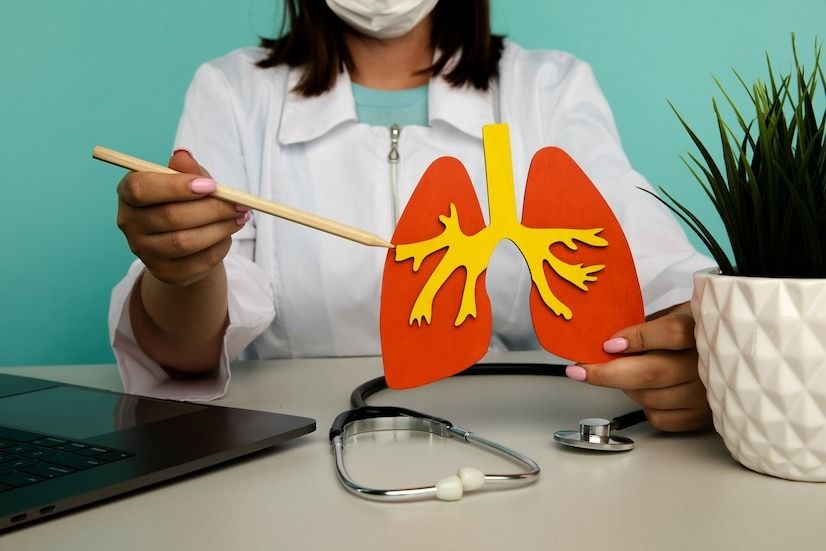Hypertension is typically seen as a condition affecting older adults, but genetic factors can lead to its early onset. Genetic hypertension is often called primary hypertension. It is caused by the complex interplay of genes inherited from parents. Secondary hypertension results from specific conditions like kidney disease or endocrine disorders. It has a clear cause. In contrast, genetic hypertension is not caused by a single thing but by many genetic factors. This type of high blood pressure is especially concerning in young adults. It often goes unnoticed until severe complications arise.
High blood pressure from genes is common in young adults, creating special challenges in finding and treating it. We must understand the genes behind hypertension. It's crucial for making treatments and prevention strategies, and we need these strategies for younger people.
Wondering if you're too young for hypertension? Think again and read further to get a clear understanding of it.
How Common is Genetic Hypertension Among Young Adults?
Hypertension is less common in young adults than in the overall population but is increasingly recognized among young adults. Prevalence rates vary. But, studies suggest a lot of hypertension in this age group is genetic. But, those with hypertension are at much higher risk of cardiovascular events than those without it. This underscores the need for targeted awareness and screening.
- The prevalence of hypertension among young adults aged 18 to 39 years is estimated to be 3.7% to 8.6% globally.
- In India, a cross-sectional study found alarming rates of high blood pressure (BP) in youth: 35% of 10 to 12 year olds and 25% of 13 to 19 year olds had BP in the stage 1 or 2 hypertension range.
- Approximately 69 million Indian youth may have high BP and possibly other cardiovascular disease risk factors.
Are you concerned that genetic hypertension can affect you, too? Schedule your consultation with the top cardiologist now and get expert insights for your health.
Causes of hypertension in young adults
- Genetic Predisposition: Family history influences risk.
- Poor Diet: High intake of salt and unhealthy fats.
- Inactivity: Low physical activity levels.
- Obesity: Higher body weight increases risk.
- Substance Use: Alcohol and tobacco elevate blood pressure.
- Stress: Chronic stress can contribute to higher blood pressure.
- Sleep Issues: Conditions like sleep apnea are linked to hypertension.
- Associated Conditions: Diabetes and high cholesterol also play a role.
Can Genetics Predict Hypertension Risk in Young Adults?
Genetic markers and family history are powerful tools for predicting the risk of hypertension. Advances in genetic testing let us identify genes linked to high blood pressure, allowing for earlier intervention and tailored treatment.
"Genetic hypertension is increasingly recognized among young adults. While it's challenging to determine the precise prevalence, it is clear that those with a family history of hypertension are significantly more at risk. Early intervention and lifestyle management are key to controlling this condition from a young age", states Dr. Bhaskar Semitha a renowned Cardiologist from Mumbai.
Worried about what would be the future consequences of your genetic hypertension? We've got you! Keep scrolling and get your answers.
Long-Term Risks of Genetic Hypertension for Young Adults
- Heart Disease: Increased risk of coronary artery disease and heart failure due to prolonged strain on the heart.
- Stroke: High blood pressure can lead to weakened blood vessels in the brain, increasing the risk of stroke.
- Kidney Damage: Hypertension can damage the kidneys' blood vessels, leading to kidney failure over time.
- Vision Loss: High blood pressure can damage the delicate blood vessels in the eyes, potentially leading to vision problems.
- Memory Issues: Persistent high blood pressure might affect cognitive abilities, leading to difficulties with memory and understanding.
- Aneurysms: Increased pressure can cause blood vessels to bulge (aneurysm), posing serious risks if they rupture.
Why is Early Detection of Genetic Hypertension Important in Young Adults?
Finding and treating genetic hypertension early is crucial. It prevents long-term damage and improves quality of life. Regular blood pressure screening is essential, especially for those with a family history of hypertension. It allows for early intervention and effective management.
Does gender play a role in genetic hypertension? See what the research says about gender differences in hypertension.
Are There Gender Differences in Genetic Hypertension Among Young Adults?
Research indicates that the impact and prevalence of genetic hypertension can vary between genders. Men are generally at a higher risk of developing early-onset hypertension, but the reasons for these differences are still under investigation.
- Males had a higher prevalence of hypertension up to the age of 50.
- Females had higher rates of hypertension after the age of 50.
- The sex-specific burden of risk for genetic hypertension, particularly early-onset hypertension, is more pronounced in women than in men.
How Can Young Adults Manage or Prevent Genetic Hypertension?
- Maintain a Healthy Weight: Keep body weight within a healthy range to reduce strain on the heart and blood vessels.
- Adopt a Balanced Diet: Focus on a diet rich in fruits, vegetables, whole grains, and lean proteins; limit salt, fats, and sugar.
- Regular Physical Activity: Aim for at least 150 minutes of moderate aerobic exercise each week, such as brisk walking.
- Monitor Blood Pressure Regularly: Keep track of blood pressure readings to catch potential rises early.
- Limit Alcohol and Avoid Tobacco: Reduce alcohol consumption and avoid smoking to lower blood pressure.
- Manage Stress: Engage in stress-reducing activities like yoga, meditation, or deep breathing exercises.
- Get Sufficient Sleep: Aim for 7-9 hours of quality sleep per night, as poor sleep can affect blood pressure.
- Regular Check-ups: Regular check-ups can help monitor health status and prevent complications.
Are you ready to take charge of your health and body? Book your appointment with the expert cardiologists and get guidance to keep your heart healthy.
Conclusion
Understanding and managing genetic hypertension in young adults is vital. This prevents serious health issues later. By being aware and spotting problems early, young adults can manage their blood pressure, reducing the risk of complications. They can do this with tailored treatments for hypertension.
FAQs
Can genetic hypertension be cured?
There is no cure for genetic hypertension. But, it can be managed with medication, lifestyle changes, and regular monitoring.
How often should young adults check their blood pressure?
Young adults are at risk of hypertension. They should check their blood pressure at least once a year. Checks may need to be more frequent. This is true if high blood pressure has been found or if there is a strong family history of hypertension.
Do genetics guarantee I will get hypertension?
Genetics increase the risk but do not guarantee hypertension. Environmental factors and lifestyle choices also play critical roles in its development.

